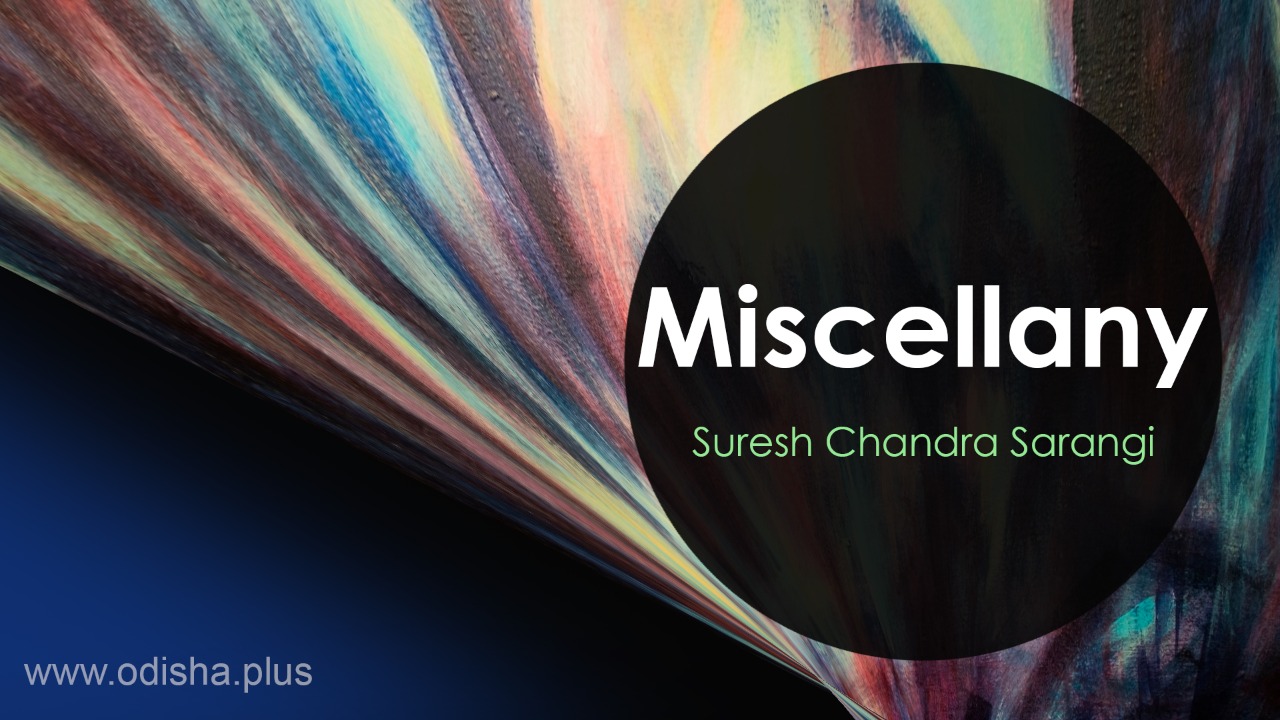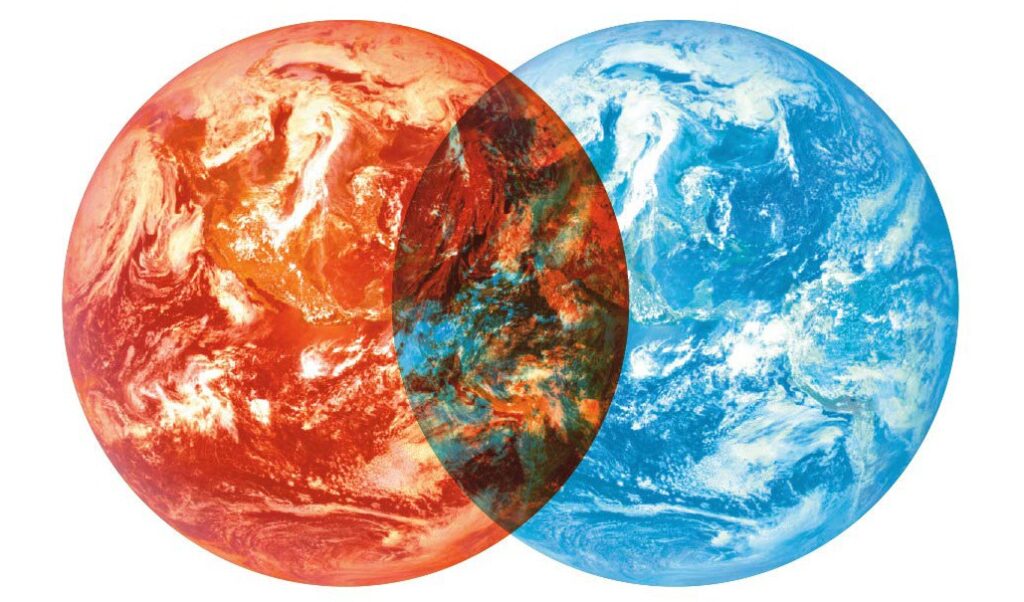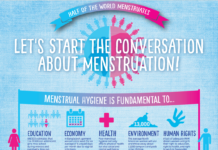Suresh Chandra Sarangi
Greta Thunberg’s clarion call in the United Nations conference, regarding climate justice, by saying that nobody is too small to make a difference, as a young prodigy, rattled the world. Three years ago it brought the climate crisis to the center of discussion.

Christiana Figurers and Tom Carnac, the two climate scientists wrote the book, The future we choose, in the aftermath of the Trump administration saying goodbye to the Paris agreement.
The conscience of the world had shaken to the roots by such unprecedented rebuttal to the Paris agreement and the authors, who had so painstakingly drafted the paris agreement were disturbed beyond imagination. Not only that America’s denial to see it through, exposed the fragility of International system and agreement, but any future talk on Climate action was lost in the cob web of suspicion.
Christiana and Tom never sat idle and came out with this beautiful book that defends the climate action and Paris agreement and elaborates about our shared future. This practical, optimistic, and empowering book is about the choice of mankind, what Shakespeare said, To be or not to be. The authors say this may be our finest hour to protect planet Earth, to survive a climate crisis and save mankind from the Sixth Extinction.
The world was facing unimaginable calamities, had become highly unlivable, and the rising temperature had consumed nature’s flora and fauna from Amazon to California, Australia to Siberia. Some of the government had declared a climate emergency as a step forward to reduce greenhouse gas emission and stop mother Earth from becoming uninhabitable.
The Holocene period of climate stability effect had disappeared and the Anthropocene epoch, a period of destroyed biodiversity and climate crisis had appeared, which was characterized by man’s destructive action to destroy its own habitat. The environmental condition now is permanently altered, the glaciers are melting ,the species are getting extinct, the world’s primary forest is on decline, the coral reefs are dead, the biosphere is facing a crisis of a millennium. Super storms, cyclones, wildfires, drought and floods and other natural disasters like the Australian bush fires are only the tip of the iceberg and the face of a grim future and shape of more magnified disaster with severe intensity awaits us, in future.

The authors, who drafted the Paris Agreement, are of the view that by the year 2100, the world is to experience a 3 degree Celsius warmer than what it is today and may increase by 4 to 5 degree Celsius, if the world does not arrest the factors causing climate change. In many parts of the world, the air we breathe is clogged and the reason for many airborne diseases . The air quality and pollution is unbearable, as the world is getting hotter. The great barrier reef, an aquatic cemetery in Australia is gradually vanishing as industrial waste corrodes sea life, with its flora and fauna as a result of which many species are becoming extinct. The air also contains more moisture and as a result of sea surface temperature extreme weather phenomena is recurring.
The rising ocean level is a cause of concern and the melting of ice caps, the authors predict, would be disastrous with rising sea level, that would put many countries inundated and below sea water. The authors focus on the psychological trauma of such disasters in offing as monumental .The deleterious effect of the climate on surge of pandemic, our health, production and productivity, massive flood because of the melting of the Himalayan ice cap is nightmarish indeed.
The floods and heat waves and the rise in sea level will open up another dimension of displacement, hunger, etc that may result in a humanitarian crisis. This will lead to refugee problems and mass migration of immense magnitude and shall create further inequality and hunger index, which the world can ill afford to.
The authors remember Gandhiji’s views on cottage industry and simple spartan life, that professor Schumacher says, “small is beautiful”. They speak very profoundly to consider the fact that before taking any policy decision the decision makers must decide that it should be better for the Earth.
Profit motive is not bad as long as it is for humanity and favorable to the planet. “we are on the verge of atmospheric tipping points that are frighteningly unpredictable and irreversible”, the authors exhort. The author’s optimism is sinking, when, they say, “the converging crises of climate change, deforestation, biodiversity loss, desertification of the Earth and acidifications of oceans have taken us to a point where we can no longer naively depend on the earth’s natural resilience or capacity to recuperate.” The message is loud and clear.
The authors have charted a Ten points of action like to relinquish the past and depend on future, not to be dwarfed but hold a vision of the future, defend the truth, see yourself as a citizen and not as a consumer, move beyond fossil fuels, reforest the earth, invest in clean energy and economy, use technology responsibly, build gender equality and engage in politics of reconstruction. Break free from plastic, and say good – bye to fossil fuel .
Rabid consumerism to be given a good bye. New and renewable technologies, like electric vehicles, are examples of our positive climate action that may save the Planet Earth from imminent disaster. The inhabitants of planet Earth have indulged in irrational exuberance, pushing the green Earth into a point of extinction.
Let our action plan, the author suggests, be a story of renewal and adventure against overwhelming odds and rekindle Hope . Let our efforts be a story of survival and thriving existence. On this, the Cop 26 summit was an inspiring effort, for building a sustainable future. The book has been adjudged as the most compassionate wake up call of our time.
(Suresh Chandra Sarangi is former General Manager, Bank of India, and lives in Bhubaneswar. Views are personal)
Post Tags: #ClimateChange #EarthFuture #deforestation #biodiversityloss #desertification #imminentdisaster #parisagreement #climatejustice






















